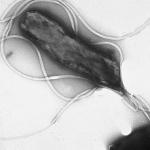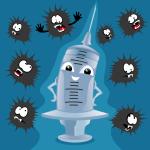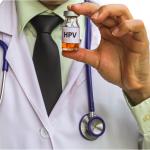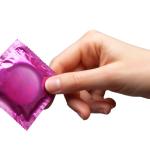Vaccines are meant to help, not harm. So you can imagine our surprise when we first heard of the intriguing term gaining popularity among the anti-vaccine crowd: turbo-cancer.
HPV
Infectious disease is responsible for a substantial amount of morbidity and mortality around the world.
Imagine if scientists invented a cure for cancer. Would you be interested in learning about it?
There's simply no way of knowing what anti-vaxxer Robert F. Kennedy, Jr. will say on any given day.
The American Cancer Society estimates that more than 13,000 cervical cancers will be diagnosed in 2018. Of those, more than 3,000 women will die.
The HPV vaccine has been the subject of some controversy in the United States.
Every year, the recommended childhood and adolescent vaccine schedules are reviewed, adjusted and approved by the following governing bodies: American Academy of Pediatrics (AAP), Advisory Committee on Immunization Practices of the Centers f
HPV—Human Papillomavirus— is a frequently overshadowed sexually transmitted infection when the topic of STDs hits the spotlight.
You may have noticed a number of headlines referencing the “Tree Man” from Bangladesh with claims he is “cured” after 16 operations for his rare genetic disorder that transformed his hands and feet into bark-like warts and cutaneous horns.
The Centers for Disease Control and Prevention (CDC) released their annual Sexually Transmitted Disease Surveillance Report which reflects record highs in the three most commonly reported conditions in the United States in 2015 (in the fo










